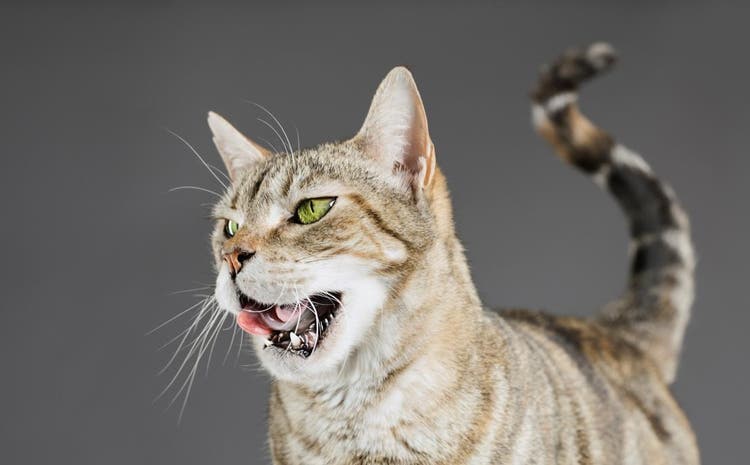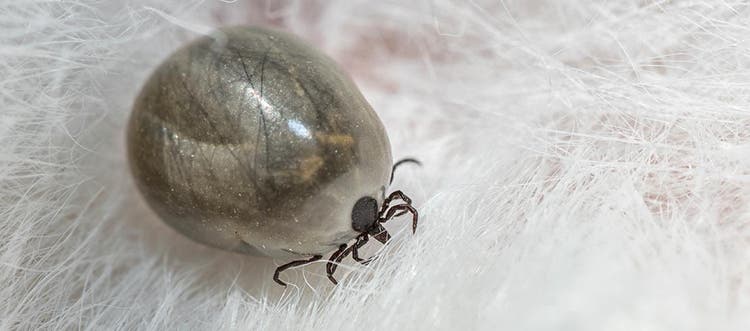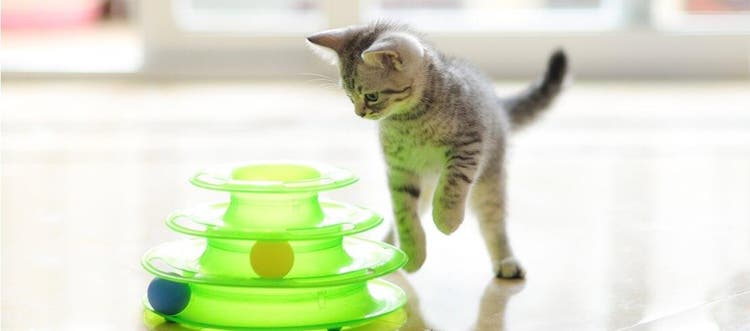Many people believe heartworm only affects dogs – but heartworm disease causes health issues in cats, too. That’s why it’s crucial to know about the risks and heartworm prevention.
Make sure to check with your veterinarian about the risk of heartworm in your area.
Most cat owners take preventative measures against common parasites like fleas, ticks and intestinal worms. But what about heartworm? It’s a common misconception that only dogs get heartworm, but unfortunately both indoor and outdoor cats are at risk. Here’s what you need to know to protect your cat from this potentially dangerous disease.
How do cats get heartworm?
Heartworm is transmitted through mosquito bites. When an infected mosquito bites and takes a blood meal from your cat, they transfer heartworm larvae.
The more mosquito bites a cat receives, the higher the risk of heartworm. Outdoor cats are at a higher risk than indoor cats, but because no pet owner can completely prevent mosquitoes from biting their pet, a regular heartworm treatment should be given to both indoor and outdoor cats to prevent the disease.
What are the risks of heartworm in cats?
While heartworm disease in cats differs from heartworm in dogs, the health risks can be just as serious.
The disease also causes significant damage not just to the heart but also other organs. These include the lungs, airways and surrounding blood vessels. It can also cause sudden death in cats before signs of infection have become apparent.
Heartworm infection can also lead to:
- Difficulty walking
- Fainting or seizures
- Fluid accumulation in the abdomen
Once your cat has contracted heartworm, it can be very challenging to treat.
How can I prevent heartworm in my cat?
To keep your cat healthy, prevention is key. Kittens are at the same risk level of contracting heartworm as adult cats, so it’s recommended that all cats start on a heartworm preventative as soon as possible.
Protect your cat – and give yourself peace of mind – by administering a monthly heartworm treatment.









